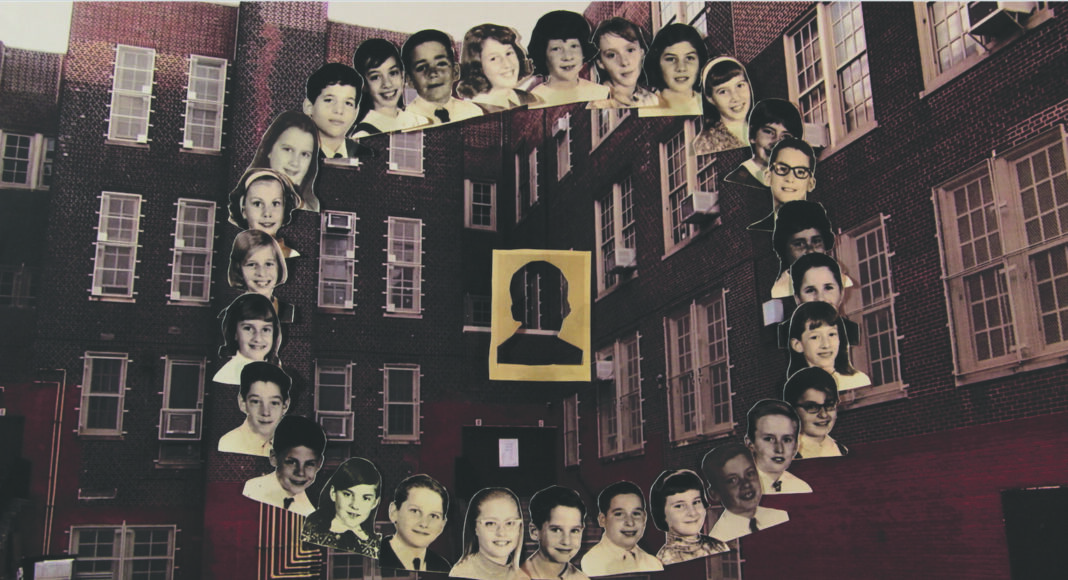There are documentarians, and then there is Jay Rosenblatt.
Other doc-makers tend to migrate from the general to the specific in their work, moving from a broad scope down to the personal in telling their subjects’ stories. Rosenblatt takes almost everything personally from the beginning. The award-winning San Francisco-based writer-producer-director-editor, who serves as the program director of that city’s Jewish Film Festival, seems to pluck his projects from the collective unconscious and then project them up to the cosmic level, with editing that Sergei Eisenstein could admire.
When We Were Bullies is a 56-year-old guilty memory. In 1965, Rosenblatt was a fifth-grade pupil at PS 194 in Brooklyn, NY. One afternoon, the teacher, Mrs. Bromberg, held the class for a few minutes after the dismissal bell, because of the actions of a boy named Dick. After the class was let go and the students left the building, they surrounded Dick, chanting, spitting and punching him for his “crime.” Young Rosenblatt joined in as well. No serious physical harm was done, the students went home and life moved on. Or so it would seem.
Fast-forward to 2021. A small action in a random film reminds Rosenblatt of the incident, and the long-buried recollection resurfaces to haunt him. As fate would have it, Rosenblatt coincidentally makes contact with another former PS 194 classmate–Richard from Berkeley–who also ruminates on the fateful afternoon, and they join forces to contact the witnesses and reopen the painful past. The short documentary takes shape as an investigation of the incident itself, but also of the concepts of mob violence and moral memory. And, as before, it’s about Rosenblatt’s way of looking at life and the interconnected events that go into it, for each one of us. First and foremost in all this is Rosenblatt’s persistent compassion.
Other former classmates have their own takes on Dick’s long-ago humiliation. Recollections run the gamut: equivocations, rationalizations, claims they don’t remember, etc. But very few people are indifferent.
In an open letter to the unreachable Dick, Rosenblatt says, “The film is not really about you, but about us. Everyone carries the pain. So much of life involves hiding our vulnerabilities.” Leave it to Rosenblatt to put it all in perspective.



